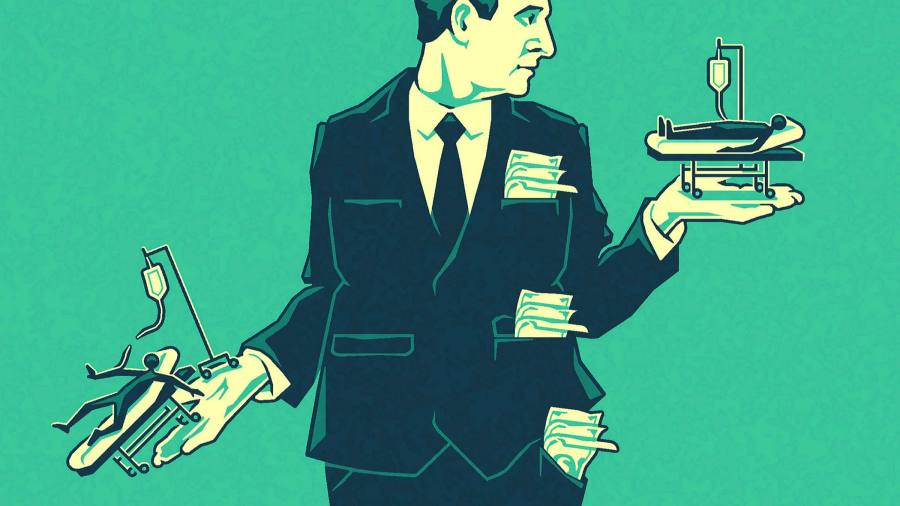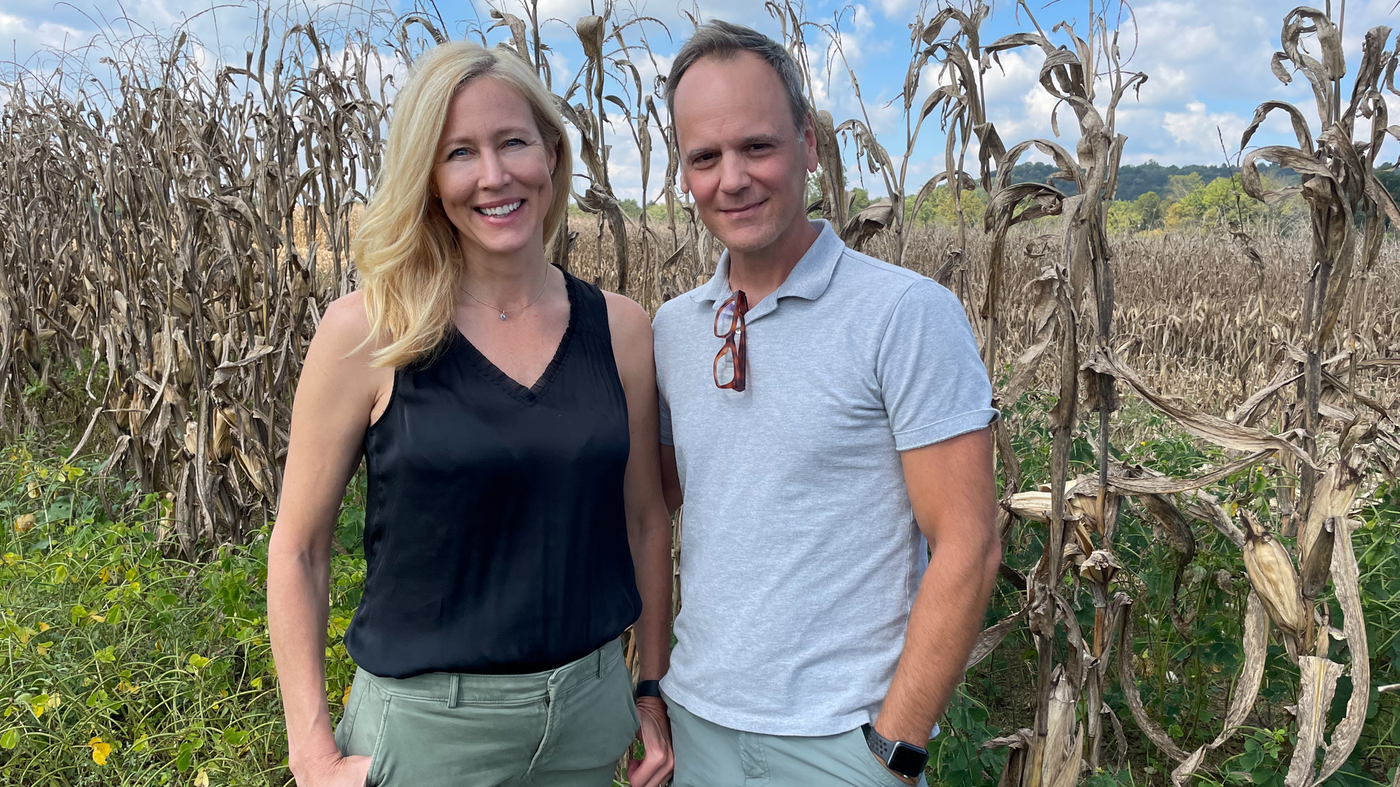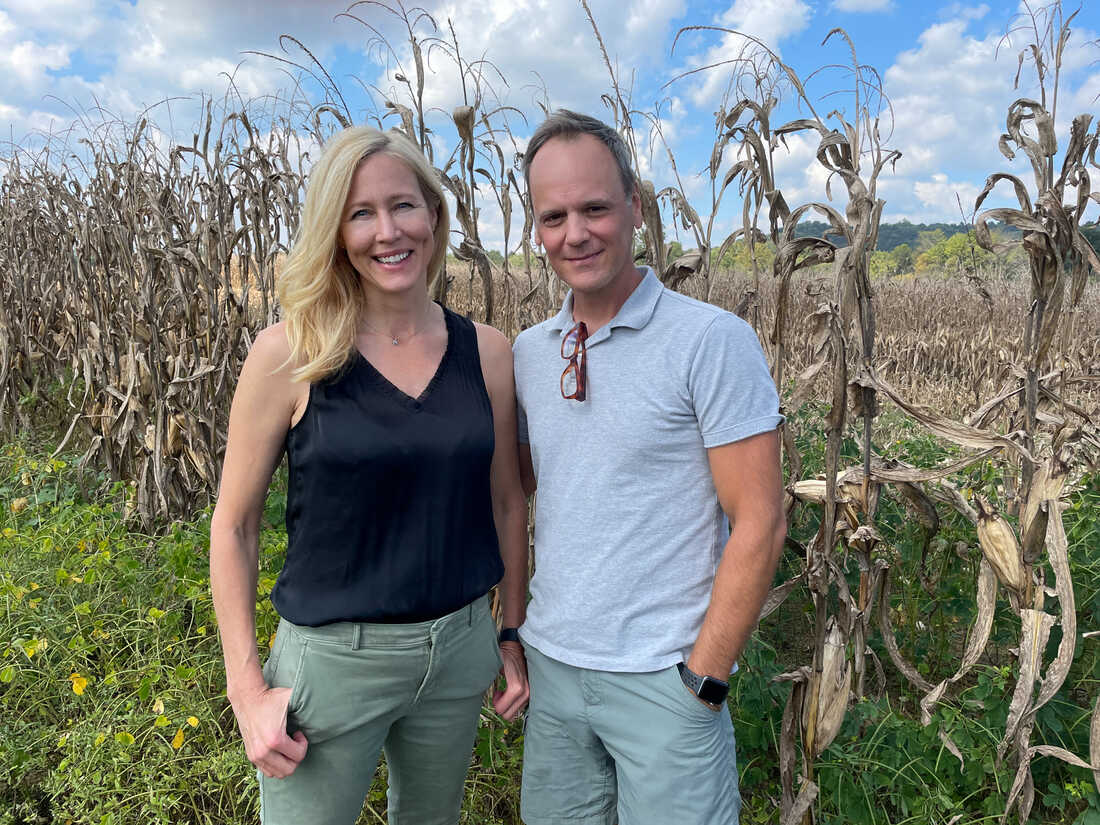Healthcare is on my intellect, in aspect simply because I have used significantly of the last two weeks searching following my husband pursuing a serious operation on his spine. We have been lucky — he had a excellent health care provider, and we have good health insurance plan.
But anytime I spend time in the US health care process, I appear absent imagining what a quagmire of squander and misaligned incentives it is. I feel that is due to the fact the past 50 % century of financialisation in the field has taken it from becoming a mainly charitable services to a body fat personal market, ripe for exploitation.
As with so many matters, Us citizens get both of those the very best and the worst of health care. We have access to the most slicing edge treatments (for all those who can manage it). We also have a program in which two-thirds of the persons who declare personal bankruptcy do so in component mainly because of clinical expenditures, even just after the passing of the Very affordable Health care Act (aka Obamacare). And, as absolutely everyone is familiar with, the US spends far much more than most of the entire world on healthcare, but gets only middling outcomes by OECD criteria.
I dread the bifurcation within just our technique is poised to get even worse. Covid and the guarantee of larger community spending on health care is drawing the sharpest-elbowed traders to an market that doesn’t allocate assets as beautifully as the “invisible hand” of efficiency would advise that it really should. (Whilst, frankly, immediately after 30 years of covering company, I’m really hard pressed to imagine of an business that does.) The unparalleled sums of income sloshing around a difficult and opaque procedure will without doubt make the abundant richer, and the unwell sicker.
Private fairness in distinct is pouring funds into the health care sector, investing $26bn in life sciences and $44bn in medical equipment in 2021, the optimum level in a decade. This follows a 20-fold boost in non-public fairness investing on healthcare bargains — which include leveraged buyouts, progress investments, secondary investments and so on — in between 2000 and 2018, according to an INET doing the job paper produced in 2020.
It’s rather evident why private fairness would see an opportunity in health care, where by there is a desperate have to have to slice expenditures and build efficiency. For several years, non-public equity companies have been buying into hospitals, outpatient care facilities these as urgent treatment centres and emergency rooms, as effectively as health-related billing and credit card debt assortment. They’ve also snapped up high-margin speciality practices these as radiology, anaesthesiology and dermatology.
Nevertheless, selling prices have not occur down — really the reverse. In the meantime, several health care specialists, client advocates and academics say that excellent and access to treatment is





